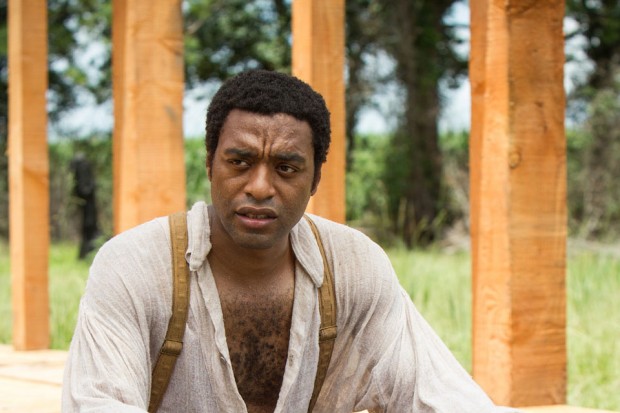
Dailies is a round-up of essential film writing and other highlights from our colleagues across the Internet — and, occasionally, our own writers. If you’d like to submit a piece for consideration, get in touch with us in the comments below or on Twitter at @TheFilmStage.
At The Dissolve, Noam Murray writes on the implications of watching movies at home and Sam Adams expands on Criticwire:
I do wonder though about Fithian’s compromise regarding 12 Years A Slave. He acknowledges the greatness of the film, and says that everyone should see it, just maybe at home, where, to quote Kael, they can “remain in control.” And how do they do that? Just the ability to pause a movie at any time helps a viewer feel empowered, and perhaps less anxious. But I also see a lot of people using social media to help maintain that distance Kael mentions. “Livetweeting” — or even just the occasional remark on Twitter or Facebook while watching a movie — is a good way to hold a movie at arm’s length, to make the film itself subordinate to whatever the viewer has to say about it, from moment to moment.
Film Comment has released a digital anthology that collects every feature, interview, and review the magazine has run on Jim Jarmusch.
Adrian Martin reflects on the career of the late Alain Resnais for Film Krant:
When I saw this mysterious moment on screen last year, it electrified me: Mathieu Amalric, moving his body heavily and turning his back to the camera (and to us) in a strangely ceremonial way, decisively points, with his hand and his whole arm, down a street. What place of assignation, of destination, of destiny itself, was this? When I experienced this tiny, powerful fragment of cinema in You Ain’t Seen Nothin’ Yet (2012), I had the feeling that director Alain Resnais was summing up his whole career, capping off his life-long research into the deep and secret language of film.
Entertainment Weekly lays off their founding movie critic, Owen Gleiberman, among others.
See a 22-screen Soviet panoramic cinema at Movies.com:

At The Atlantic, Noah Berlatsky on his opinion of the greatest American movie critic, James Baldwin:
Who’s the greatest American movie critic? A lot of folks probably would say Pauline Kael or David Bordwell or Manny Farber; some might argue for more academic writers like Linda Williams, Stanley Cavell, or Carol Clover. For me, though, it’s an easy question. The greatest film critic ever is James Baldwin. Baldwin is generally celebrated for his novels and (as Ta-Nehisi Coates wrote recently) his personal essays. But he wrote criticism as well. Mostly this was in the form of short reviews. There is, though, a major exception: his book-length essay, The Devil Finds Work, one of the most powerful examples ever of how writing about art can, itself, be art.
At The Cut, an anonymous Hollywood personal assistant recounts her experience.
See the posters for Cannes Film Festival 2014’s Directors Fortnight and Critics Week:


